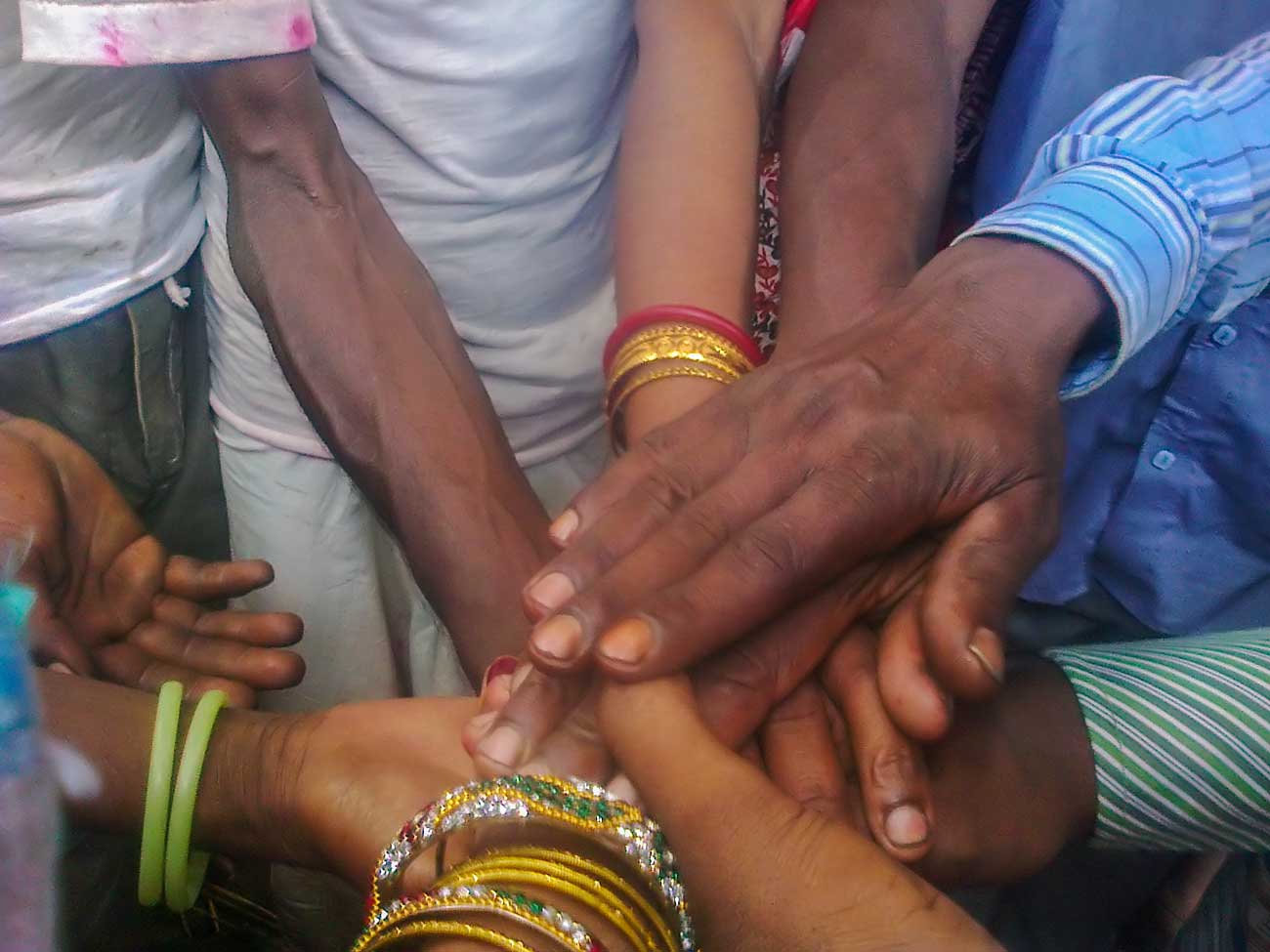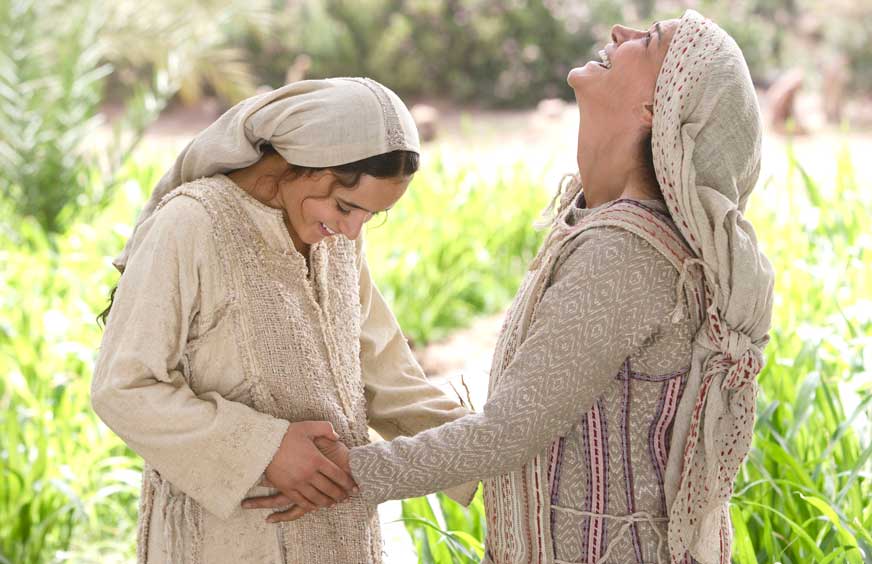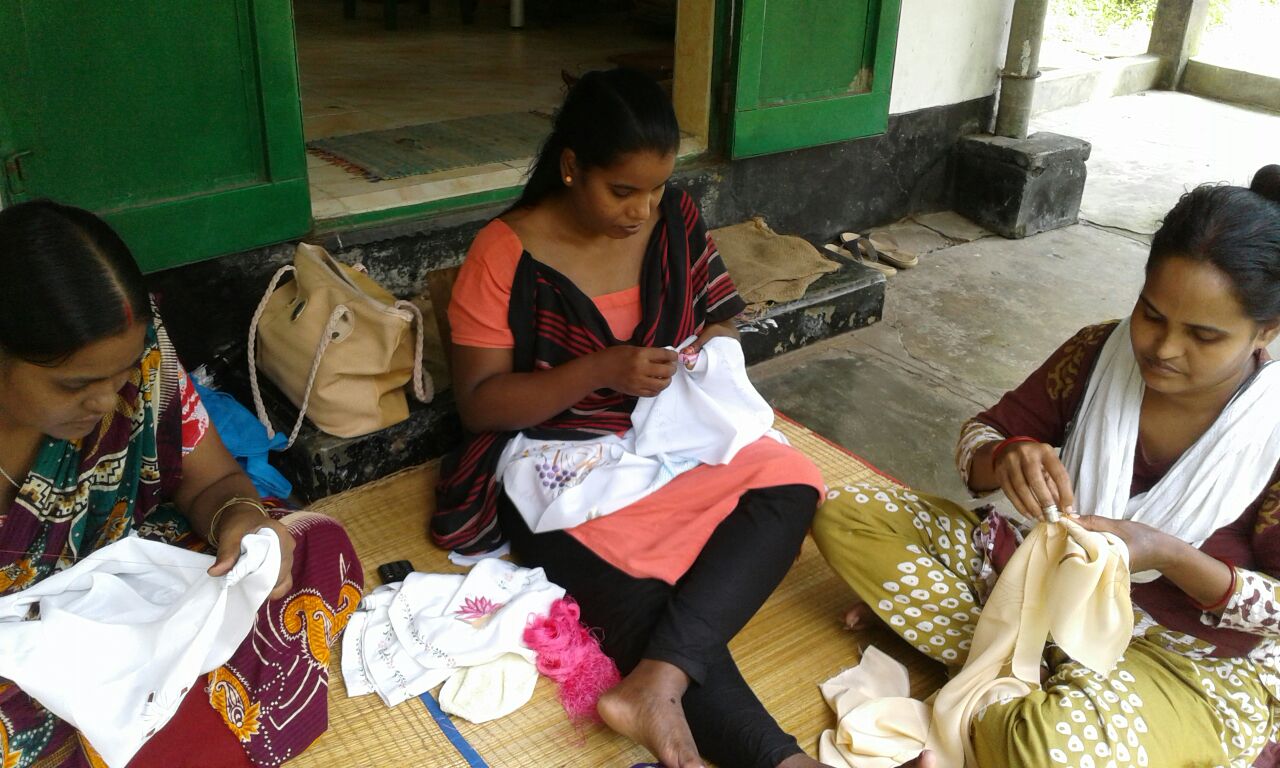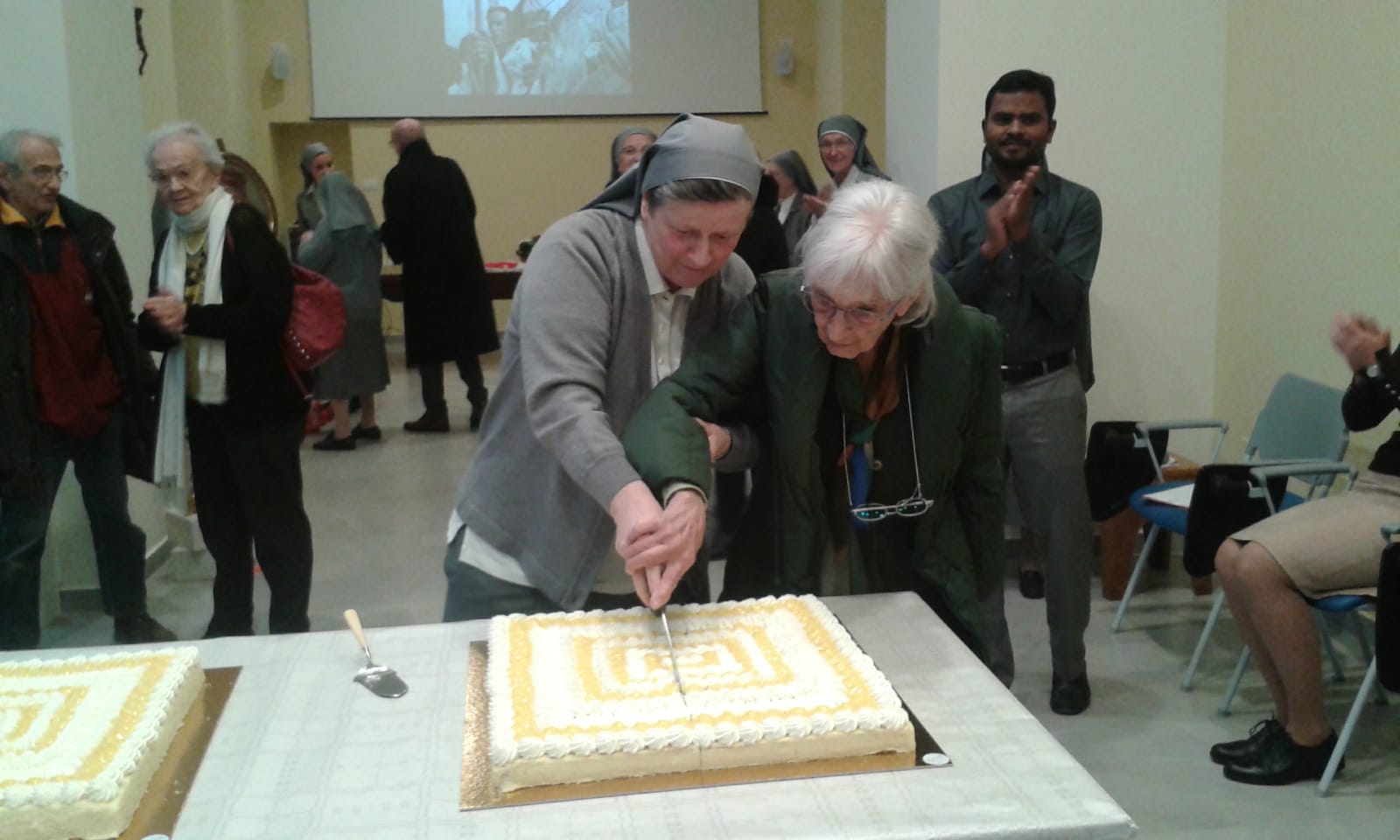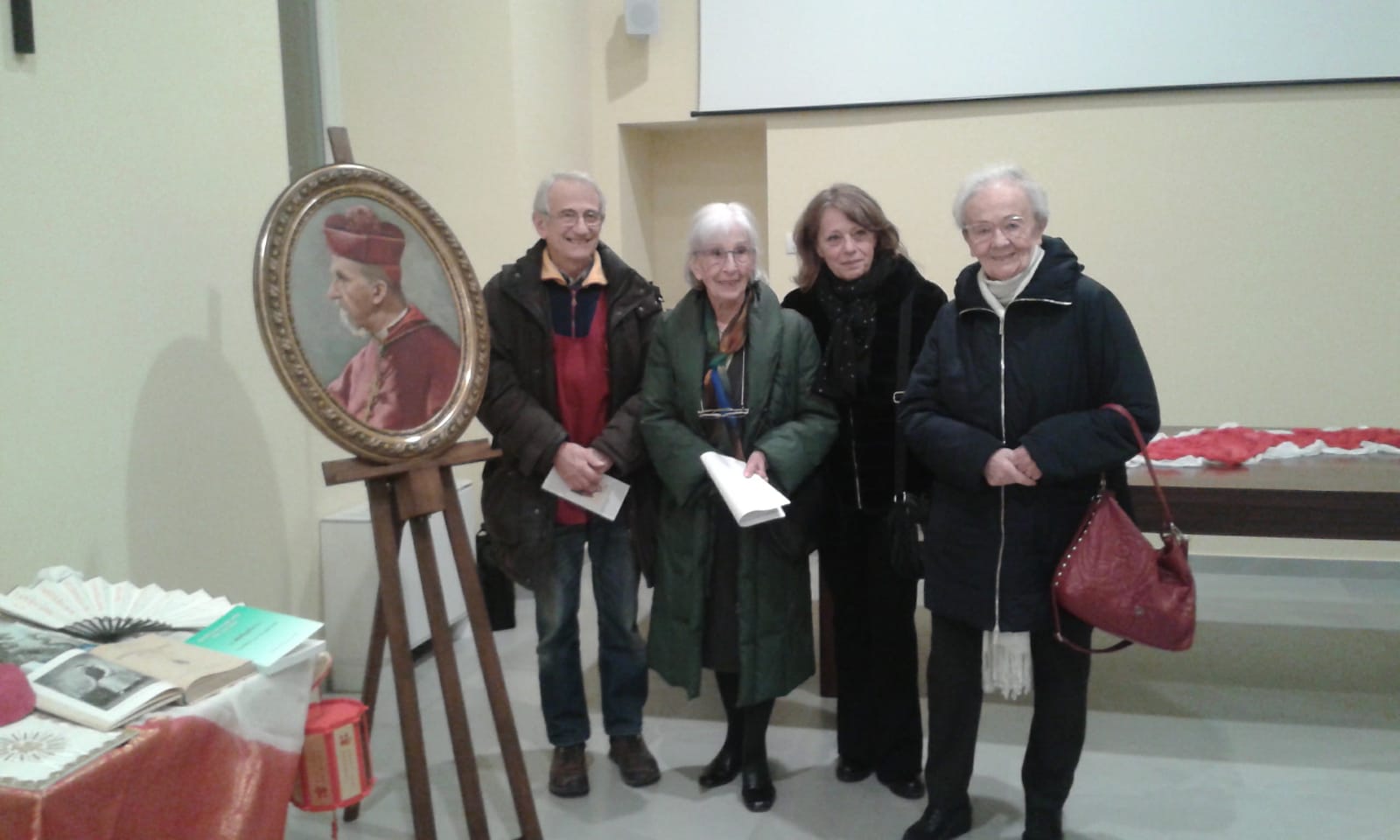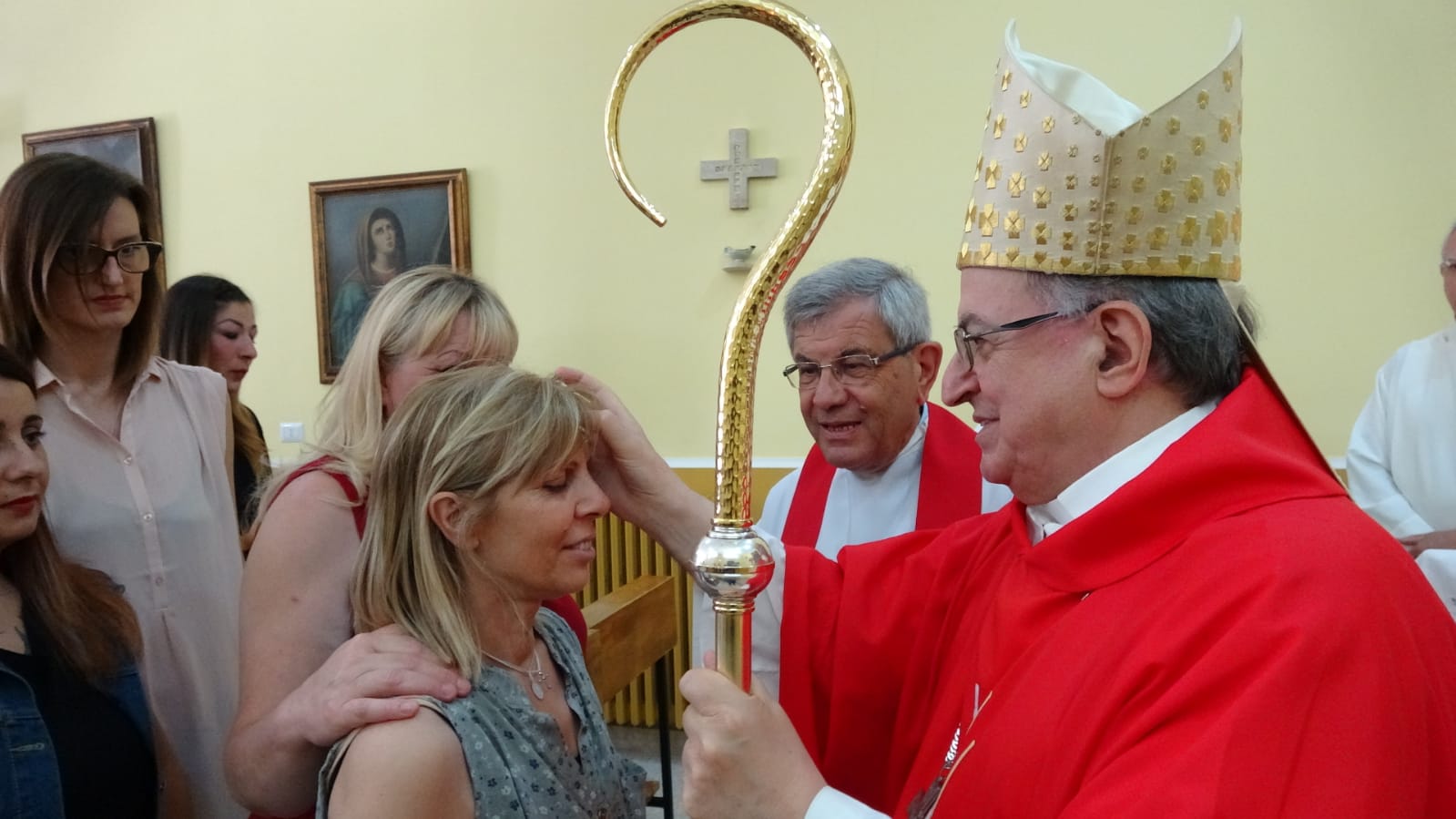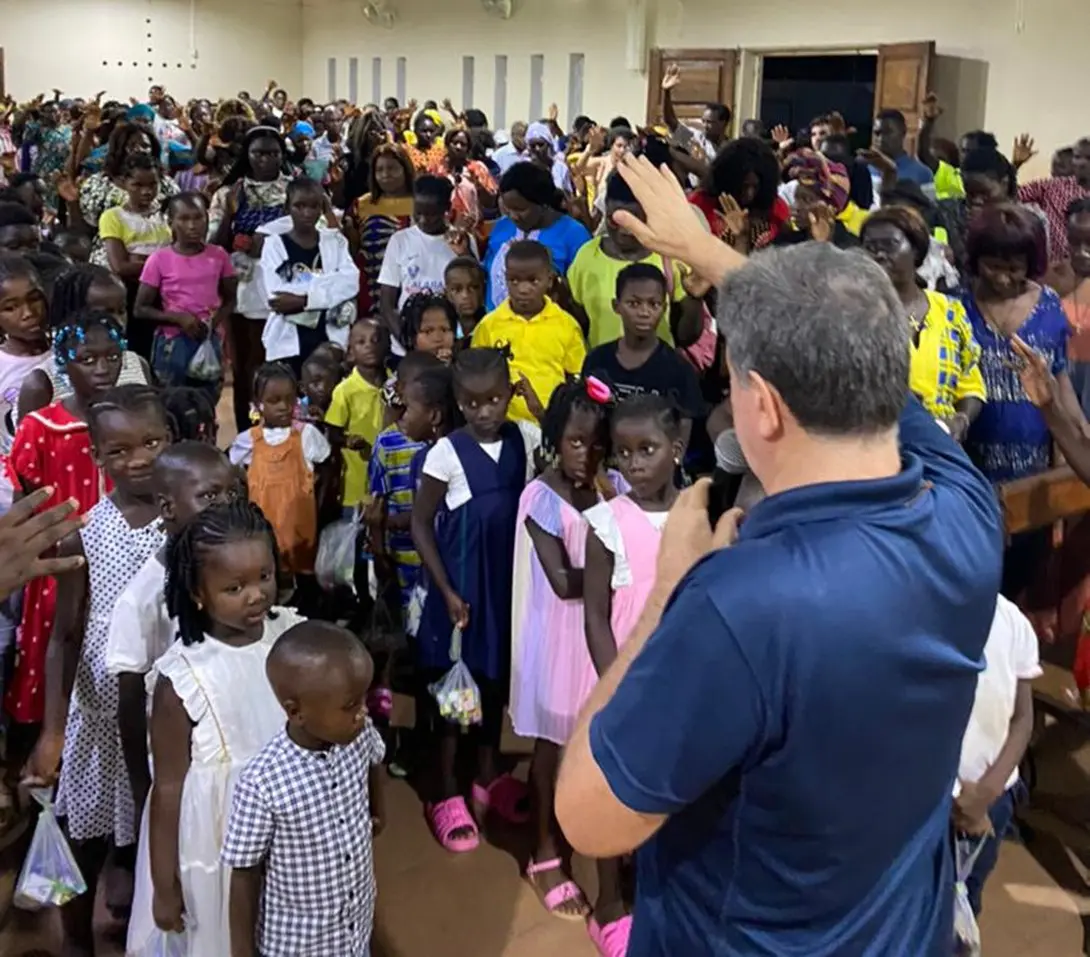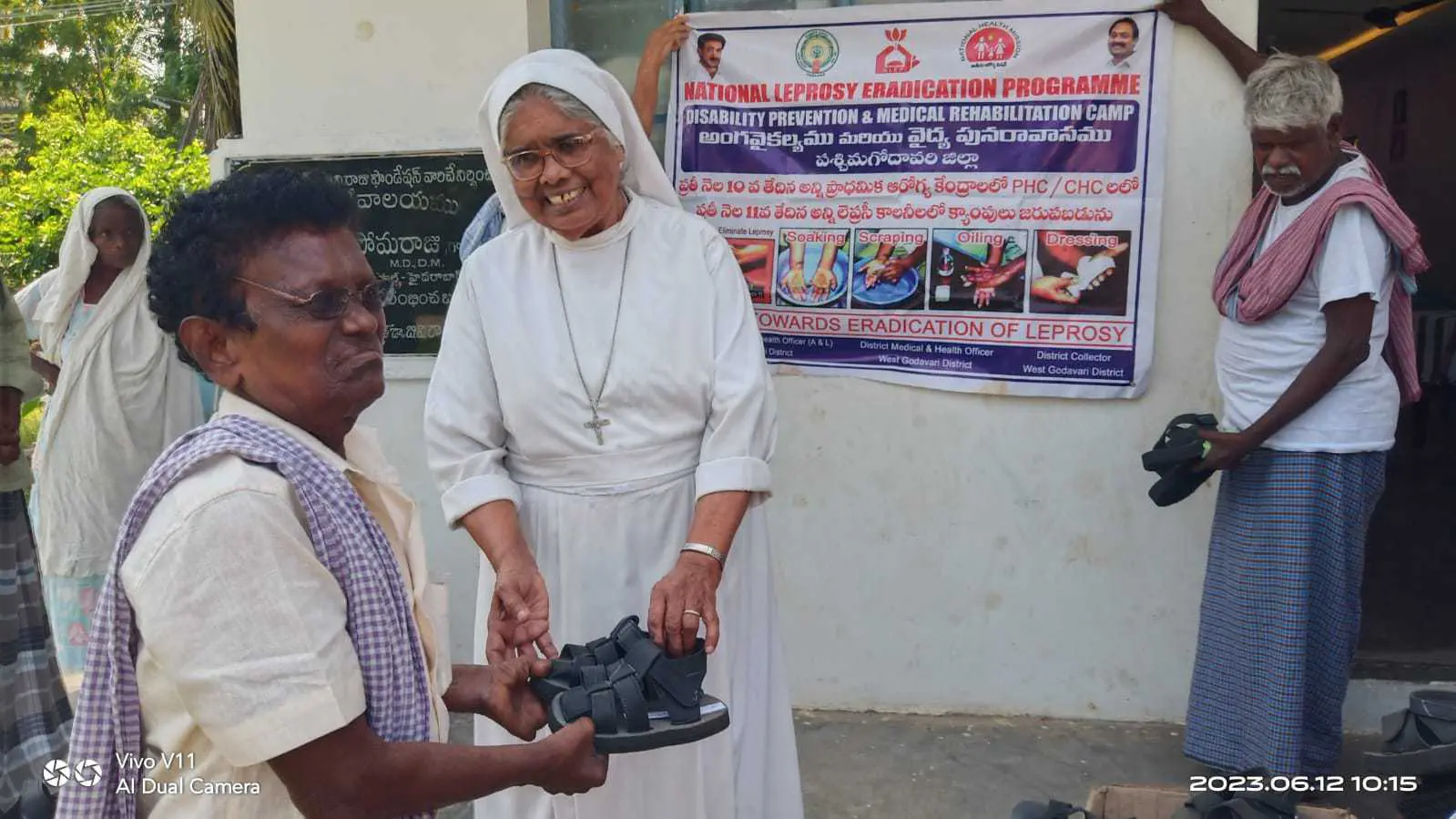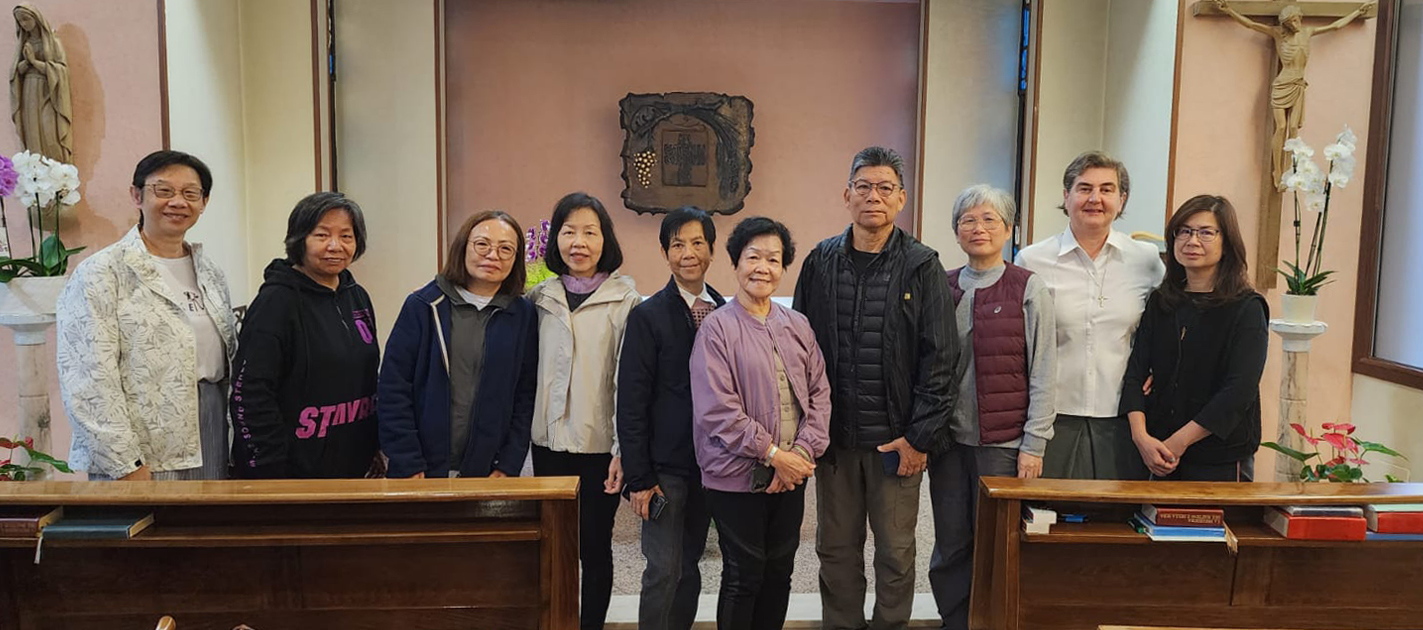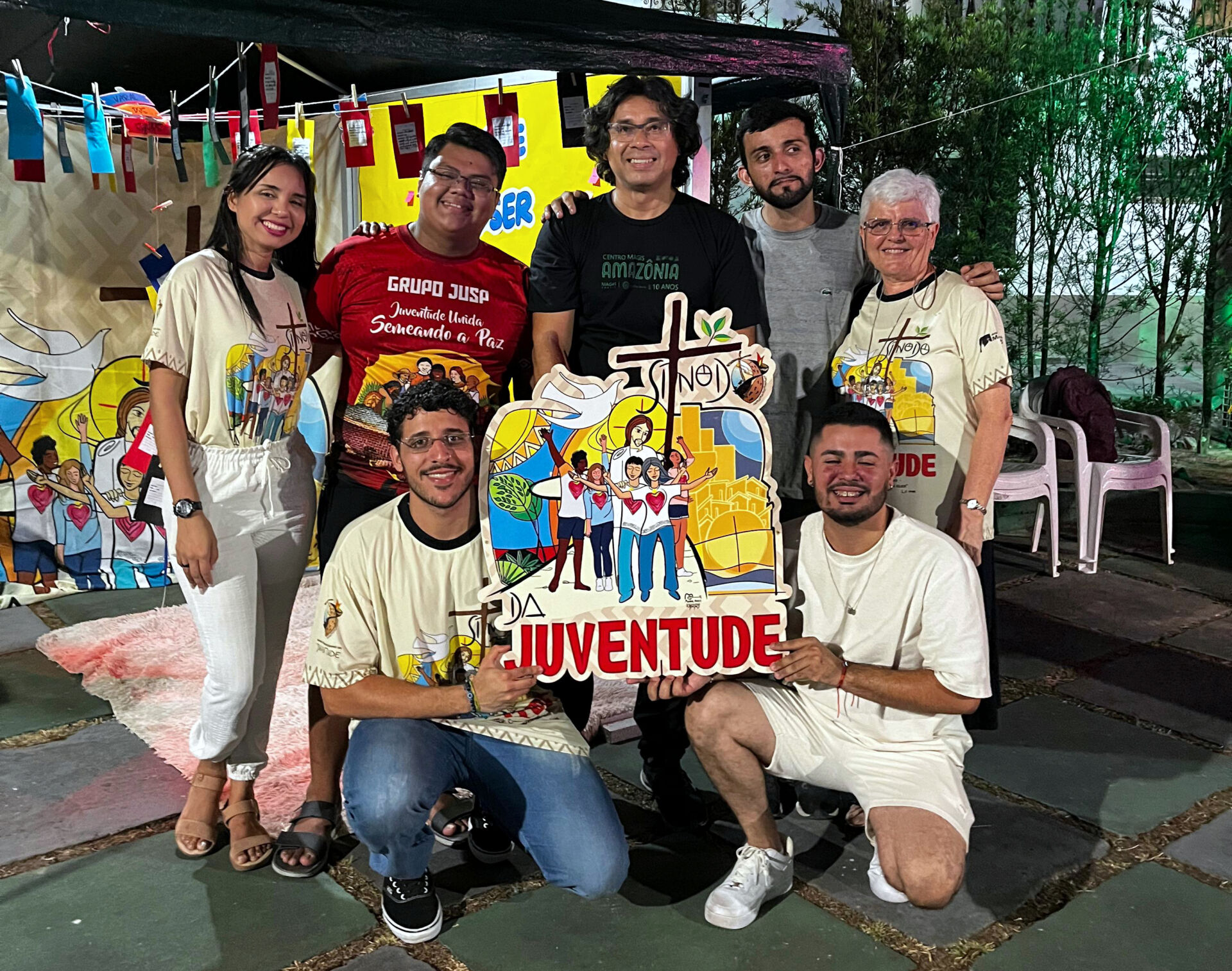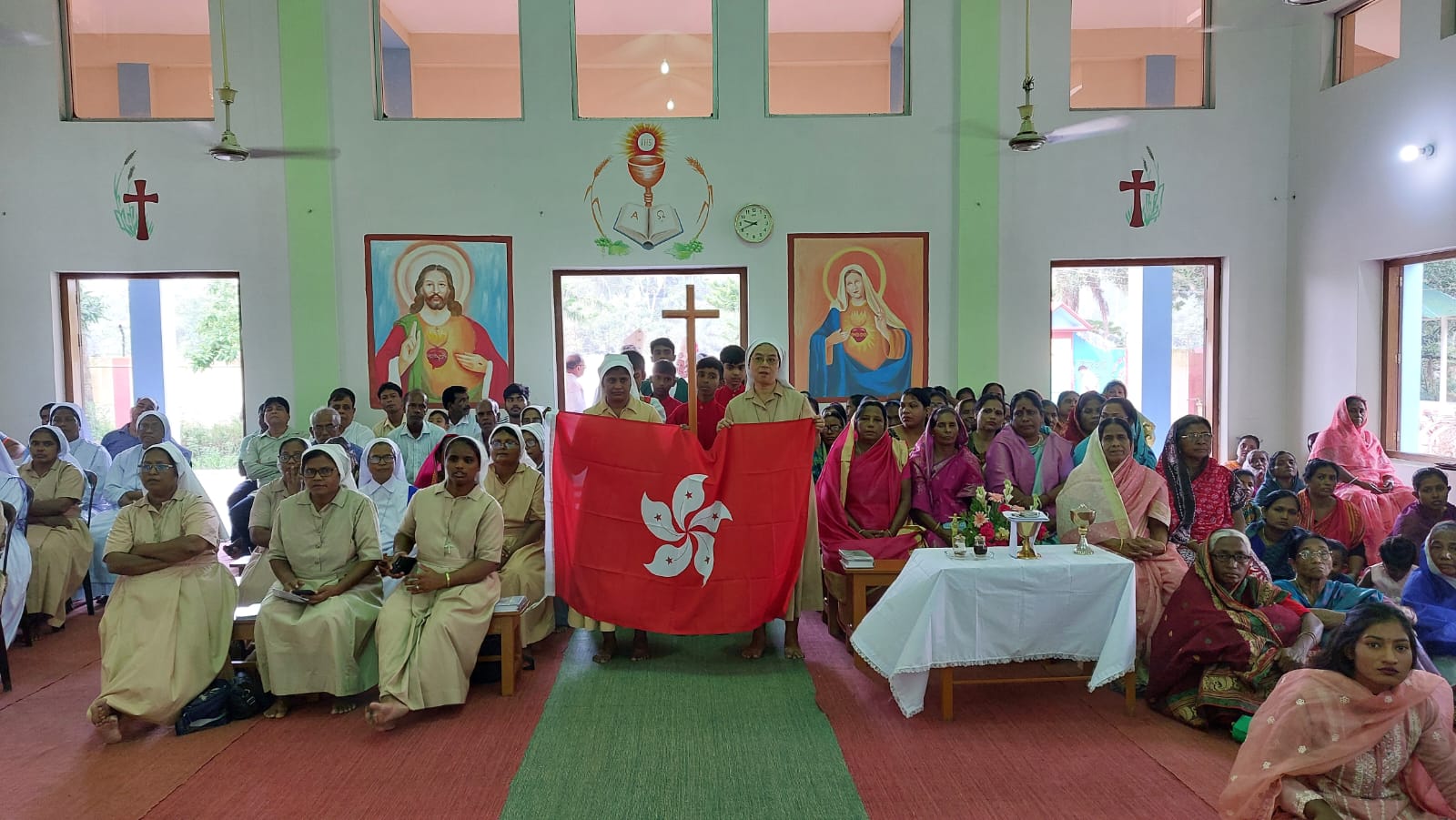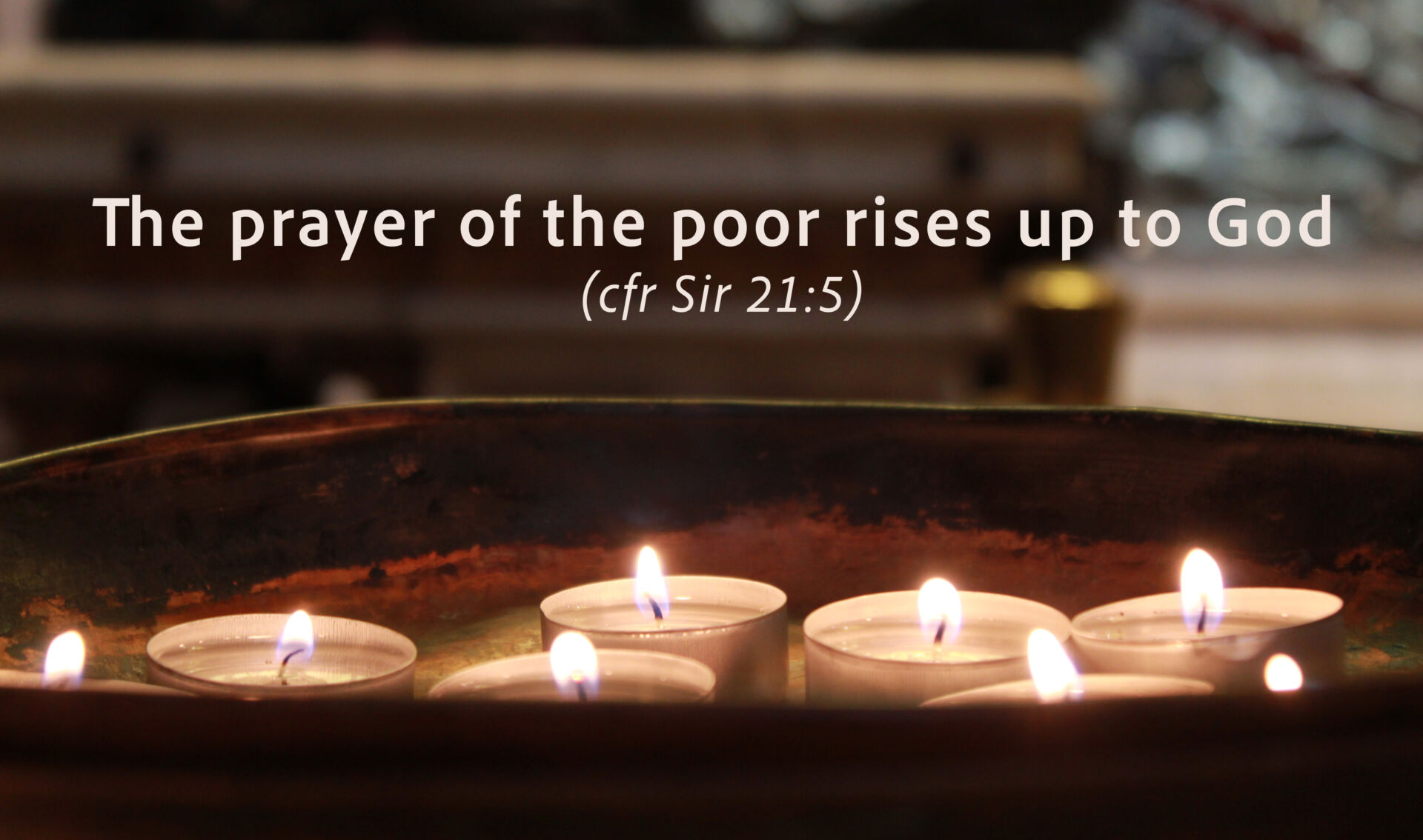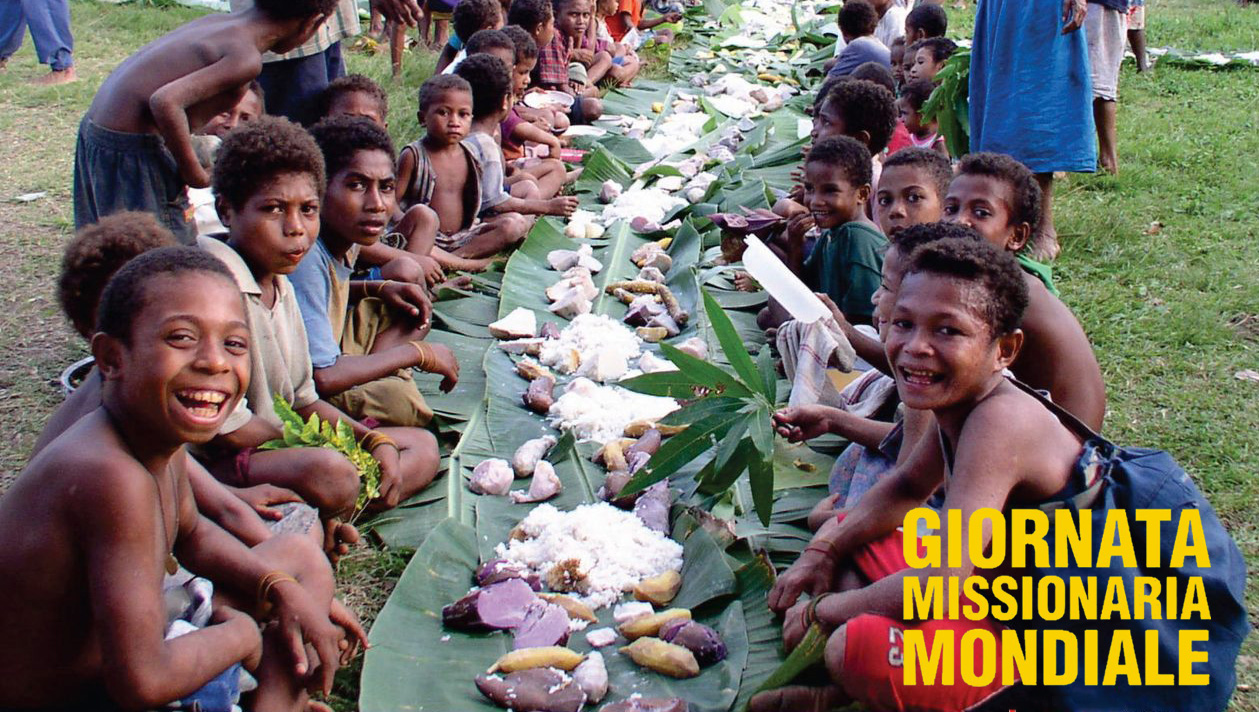Four Kumagay sisters and four Brazilian Missionaries of the Immaculate of Japanese origin. They are Sr. Veronica, Sr. Margarida, Sr. Paola and Sr. Lourença. They have left us a precious testimony of missionary holiness.
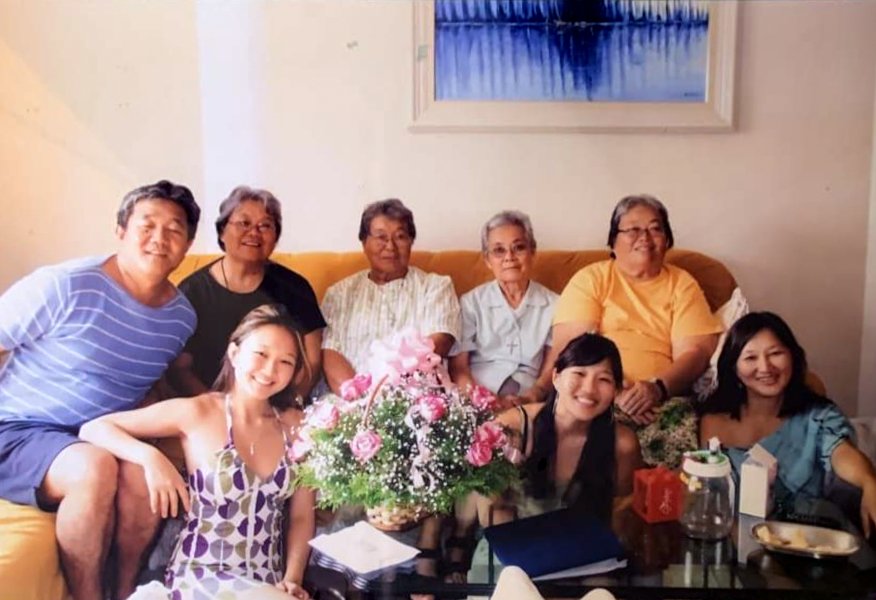
The sisters Kumagay with their family
The memory of the four sisters of Japanese descent, members of our Congregation, who have now completed their journey on this earth and continue it in heaven, is still alive. It is beautiful to remember each one who, animated by a great missionary passion, expressed in apostolic activity in one’s own way of living the mission by offering her life for others at the service of the Kingdom of God.
Sr. Veronica Kumagay, dedicated to the indigenous cause, has worked for many years with the Sateré Mawé people so much as to assume some of their characteristics: the way of walking, relating to nature, at the same time, the intense and peaceful rhythm of life. The indigenous cause: a passion that accompanied her for many years and for which she was willing to sacrifice every moment of her life. In the central Church of Maués there is a stained glass window, which depicts a beautiful portrait and it is nice to see how the Sateré Mawé people remember her fondly.
Sr. Margherita Kumagay, dedicated to the care of the sick with natural medicine treatments, carried out the last years of missionary service in Antonio Gonçalves, in the state of Bahia. She has accompanied and cared for many people, restoring joy and hope, acting with courage and determination at the service of the least. Her memory still resonates today in the cities where she passed doing good to all. The works she started continue in the hands of professionals and lay people who remember her with affection.
Sr. Paula Kumagay, a cheerful woman full of hope, gave her life by placing herself at the service of God and the sick, whom she cared for with patience and dedication. Working in the Basic Ecclesial Communities, she learned to live sharing more and more and grew in love for the Word that transforms reality and for the poor whom she has always served with love and perseverance. Upon learning of her death, many people have expressed sorrow and affection by recalling the beautiful moments lived together with her.
Decisive women and credible witnesses who have marked the history of people and places where they have passed and who continue to be remembered for the passion that inspired them in everything they did.
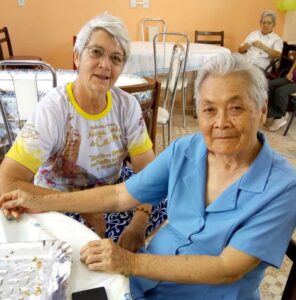
One of the kumagay sisters remained: Sr. Lourença. She passed away in April of this year, but the testimony of the sisters who stood by her in her last moments touches the heart: she died thanking the sisters and women who stood by her, assisting her with love. She testified until her last breath that living fraternity is possible even among people who were not born in the same family and of different nationalities.
Gathering the testimony of Sr. Eletta Nava (Italian) and Sr. Maria Neide Correa de Castro (Brazilian – Amazonian), both Missionary Sisters of the Immaculate, who lived different periods of life with her, a profile emerges which helps us to understand that simplicity and service are the characteristics of the “saints of the door next to them” as Pope Francis defines them.
For Sr. Eletta she was a true spiritual sister. She lived with her in the leper colony of Marituba, then, for several years, in Macapá and in Manaus, the last community in which Sr. Lourença lived before being transferred to the house for sick sisters, in the city of Bragança Paulista. Sr. Eletta tells us:
“She was a person of peace, of great generosity, wise, silent, attentive and sincere. We have always collaborated a lot in the various activities.
In Manaus, she was a testimony especially in the six months in which we had to assist the sister of Sr. Veronica, during the long time she lived in the hospital. Sr. Veronica saw her as her mother, both for her gracefulness and for her physical resemblance. Her presence was serene even if of few words. When Lourença arrived, Sr. Veronica use to beam.
She hardly got angry. The sisters used to say that Sr. Lourença did not know how to argue. She accompanied people in a very special way: she followed them to the end and they created a deep bond with her. She had the characteristics of her mother: she saw what was wrong, but she understood and excused, she did not know how to correct. We complemented each other and it was nice to work together. She was courageous and very obedient, she always asked the opinion, but she knew how to do what she was entrusted to do very well. It was a beautiful testimony that I will not forget. We loved each other very much”.
Sr. Neide shared with her part of the period of greatest fragility due to her illness:
“In the short time I lived with Sr. Lourença, in the home of our elderly and sick sisters in Bragança Paulista, there were moments that impressed me. Despite her fragile health, Sr. Lourença was always cheerful and happy.
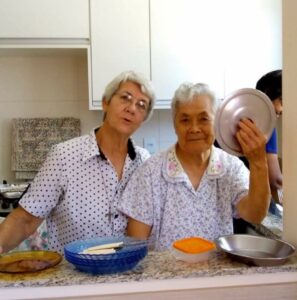
One of the virtues that struck me most was her attitude of service. She was always ready to collaborate, to help in what was most needed at that moment. When we returned from the supermarket, she would come smiling saying: “I can wash the fruit and vegetables”. We let her do it because serving made her happy.
I never heard her complain; she did the activities and exercises suggested by the person who took care of her with joy. She was always present in the moments of prayer of the community and, even if with difficulty, she wanted to proclaim psalms with her weak and tired voice.
For me, she was an example and a great life testimony of a true missionary, moved by a great passion”.
The simple and gratuitous life speaks for itself, without impressive speeches. What remains, after all, is always the love that manifests itself in the little things.
Sr. Rosanna Marchetti, province of Brazil North


